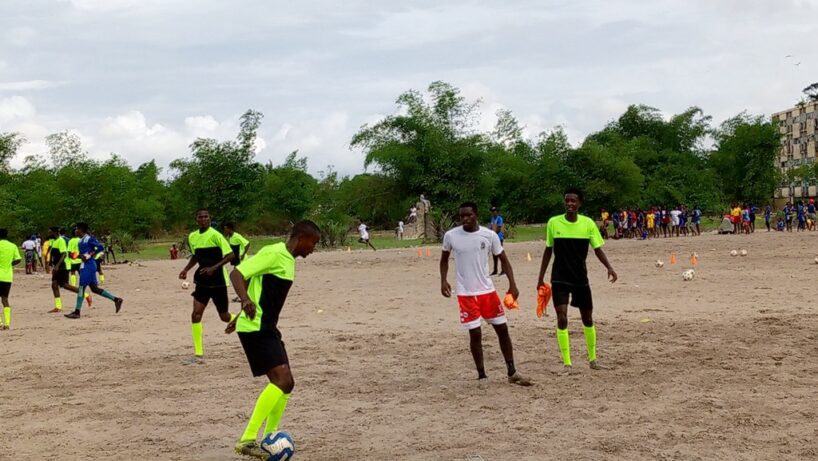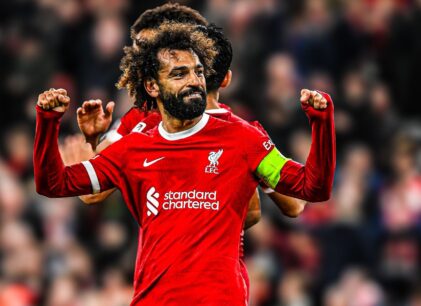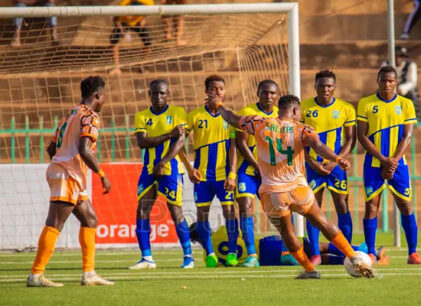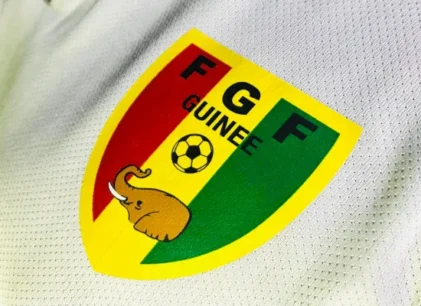What if the professionalization of Congolese soccer finally became an irrefutable reality in the history of the Congo?The challenge is too great to feed dreams of any kind but there is a price to pay.
The women’s national team’s 1-1 home draw with Egypt in the first leg of the third preliminary round of the FIFA U20 World Cup 2024 may still be hurting some 24 hours later, but Congo’s footballing world has a new date on the playing field this November 11.
This sabbatical afternoon sees the nationwide start of the 2023-2024 Ligue 1 national championship. On the program are some mouth-watering fixtures, such as the reception of Inter Club de Brazzaville by AS Otoho d’Oyo, the six-time title holders. Promoted to Ligue 1 for the first time, AS Vegas de Brazzaville will undergo their baptism of fire against Étoile du Congo, who finished last season in third place and, above all, the most successful club (11 Ligue 1, 6 cups and 2 Congo Super Cups).
But whatever everyone’s expectations, this 59th edition promises to be special and unique. It will be the last edition in amateur mode and, ultimately, will mark the changeover to a purely professional status. At least, that’s what the Congolese Football Federation (Fecofoot) announced on November 8 at a meeting with the heads of the Ligue 1 clubs: “We have a challenge ahead of us. We are moving towards professionalism,” explained Jean Guy Blaise Mayolas, president of the governing body.
Reform and benefits
This move towards professionalism will be marked by a number of reforms.These include, for example, the creation of a Professional Football League, the payment of a subsidy of 30 million CFA francs (over 45,734 euros) to each of the fourteen clubs involved in Ligue 1, compared with 9 million last season.
A cheque for 80 million CFA francs (over 121,958 euros) to the Congolese champions, while last season AS Otoho d’Oyo received a cheque for 25 million CFA francs (over 38,100 euros). Other benefits include the payment of transport costs by the federation.
“Today, we’re in advanced discussions with our partners.
The day we have the financial resources, we’ll redistribute them to the clubs,” added Bertrand Mahé, a partner in Congo’s professionalization process.
These advantages come at a price.Fecofoot has issued a series of requirements and criteria that must be met for a team to have a say. “Each club will qualify thirty players. These players must be under contract and have monthly salaries.A commission will be set up to determine the threshold or minimum salary that a team should pay a player. The players will also have to be registered with the social security system so that they can receive a pension at the end of their careers”, adds Jean Guy Blaise Mayolas.
Monitoring club activities
A preventive approach, given that last season, for example, only four out of fourteen clubs were able to justify the expenditure of the subsidy allocated by the federation. “This transitional championship is taking place under the supervision of the partners who will be accompanying us. We won’t be handing over this money without safeguards. We want to take precautions to avoid throwing money into a bottomless barrel,” warned Fecofoot’s number 1.
This announcement is anything but bad news for the teams.
“It’s a very good start to finding a solution, or a boost that will attract more sponsors to finance our soccer. So this reform of the federation is a good thing,” enthuses Éric Mantot, president of the soccer section of V Club Mokanda de Pointe-Noire.
However, he adds, “it’s far from enough.Today, given our realities, we need at least 60 million CFA francs a year.The clubs don’t have synthetic pitches, and most of these teams are over forty years old. This subsidy will help to develop young players, train them better and equip them with adequate facilities. Young people need to be trained, they need to be paid and the necessary infrastructure needs to be put in place. This means that, first and foremost, clubs need to change their mindset.
The Vert-Noir already seem to be in battle order to adapt to the new situation.“As far as we’re concerned, we’re already ready in certain respects. For example, we have our national headquarters here in Pointe-Noire and a local headquarters in Brazzaville.
We also have our own stadium for training sessions. We’re going to make a few improvements to make it more pleasant, and the players have already signed contracts,” boasts Daniel Missama, General Secretary of V Club Mokanda.
This is a reform, or rather a revolution, which, with a healthy dose of good governance (rigorous sanctions), could awaken from their slumber the many talents that Congo is teeming with, and reconcile it with its glorious past of the 1970s and 1980s.
But soccer is sometimes paved with good intentions.





